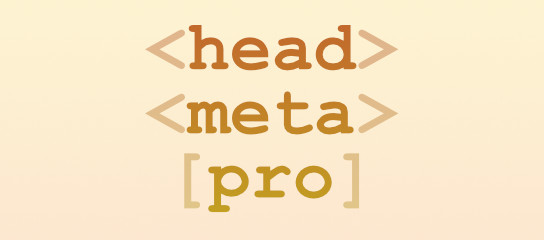Target User Agents and Reduce Spam via robots.txt
Your website’s robots.txt file probably contains some rules that tell compliant search engines and other bots which pages they can visit, and which are not allowed, etc. In most of the robots.txt files that I’ve looked at, all of the Allow and Disallow rules are applied to all user agents. This is done with the wildcard operator, which is written as an asterisk *, like this: User-agent: * This site’s robots.txt file provides a typical example. All of the allow/disallow […] Continue reading »
Stop RSSing.com from Framing Your Content
This quick post explains how to stop the notorious site scrapers, RSSing.com, from stealing your content. In fact, this technique can be used to stop virtually any site that uses HTML frames to scrape your pages. Once again, the solution is one line of .htaccess to the rescue. Continue reading »
How to Deal with Content Scrapers
Chris Coyier of CSS-Tricks recently declared that people should do “nothing” in response to other sites scraping their content. I totally get what Chris is saying here. He is basically saying that the original source of content is better than scrapers because: it’s on a domain with more trust. you published that article first. it’s coded better for SEO than theirs. it’s better designed than theirs. it isn’t at risk for serious penalization from search engines. If these things are […] Continue reading »
How to Protect Your Site Against Content Thieves (and Other Scumbags)
Stolen content is the bane of every blogger who provides a publicly available RSS feed. By delivering your content via feed, you make it easy for scrapers to assimilate and re-purpose your material on their crap Adsense sites. It’s bad enough that someone would re-post your entire feed without credit, but to use it for cheap money-making schemes is about as pathetic as it gets. If you’re lucky, the bastards may leave all the links intact, so at least you […] Continue reading »

